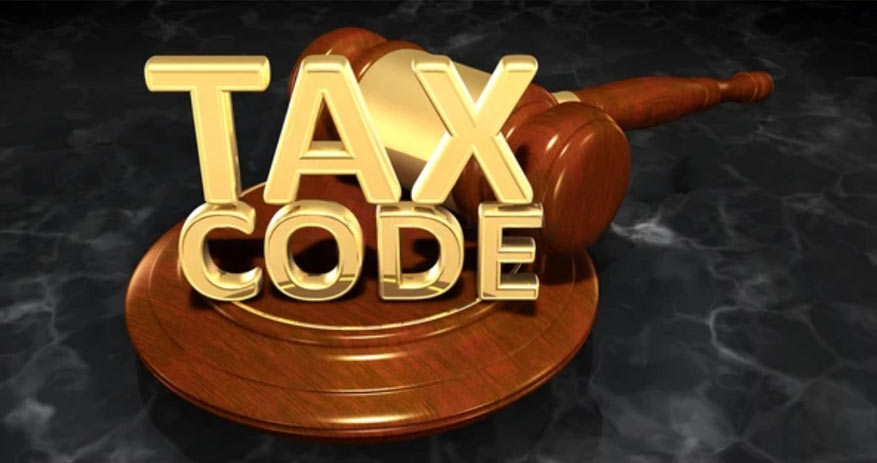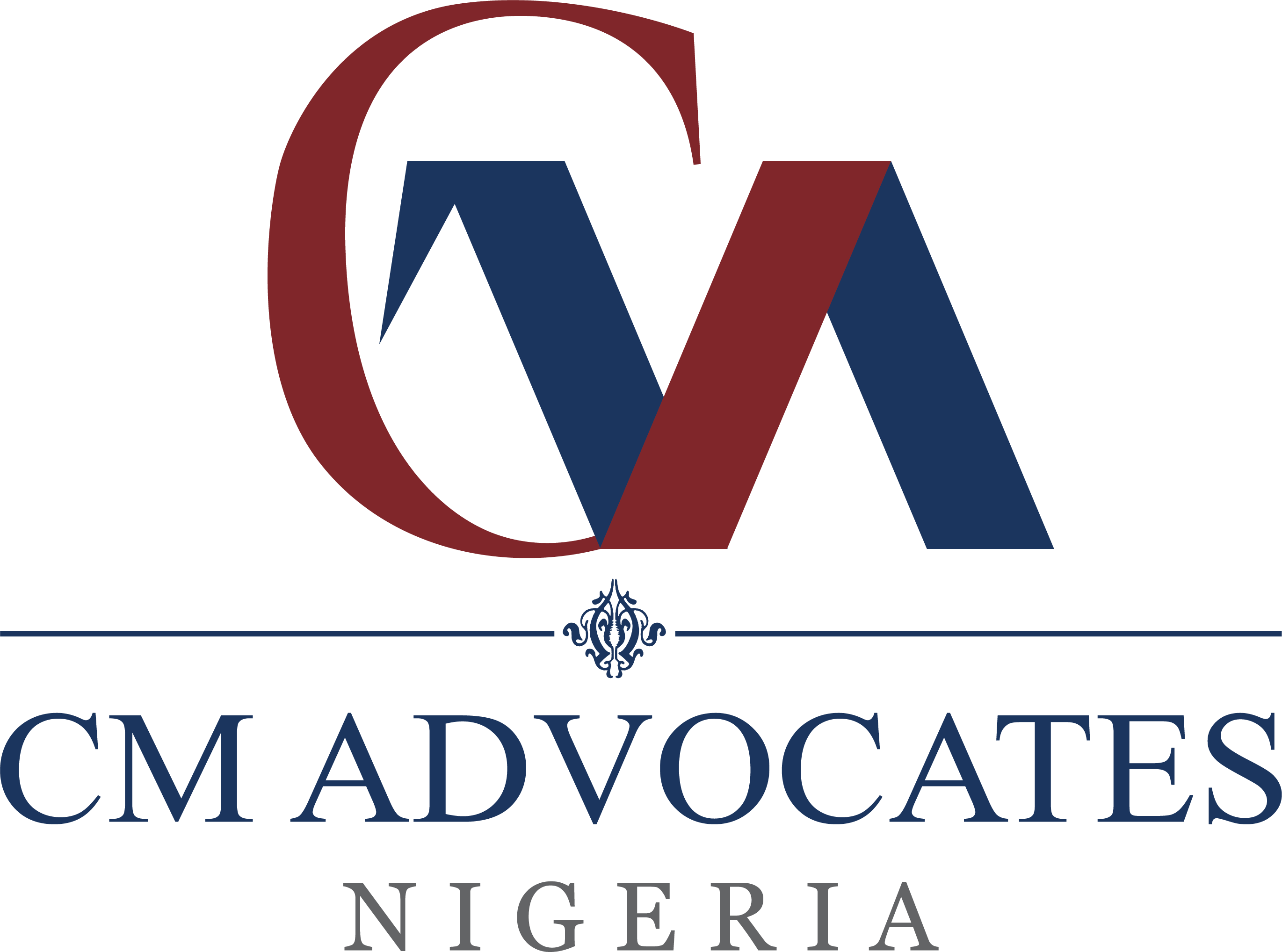The Recent Changes to the Nigerian Tax Code

In a recent landmark decision , the Tax Appeal Tribunal (TAT or the Tribunal) held that INT Towers Limited (INT) is not liable to pay the levy imposed on GSM service providers and telecommunications companies pursuant to the provisions of the National Information Technology Development Agency Act (NITDA).
This decision was predicated on TAT’s finding that INT is a network facilities provider and not a GSM service provider or telecommunications company to which the NITDA applies.
Pursuant to the provisions of section 12(2)(a) and the Third Schedule of the NITDA Act, 2007, GSM Service Providers and telecommunications companies amongst others are required to pay 1% profit before tax (PBT) levy into the NITDA Fund created for that purpose. On the basis of these provisions, FIRS through its TaxPro-Max Platform came up with an assessment that imposed a tax obligation of N488,103,920.09 on INT.
Consequently, INT challenged the assessment on the basis that it is not a telecommunications company, stressing that it only provides support services as an infrastructure service provider. FIRS rejected INT’s objection to the assessment, hence INT approached the TAT to resolve the question of whether it is a telecommunications company liable to pay the levy. At the TAT, INT, reiterated the reason for its objection. FIRS opposed same on the basis that INT is a licensee of the Nigerian Communications Commission (NCC) and authorized to provide infrastructure sharing and collocation services as a network facilities provider.
How Did the TAT Resolve the Question?
In resolving the question, the Tribunal considered the provisions of section 12 and Third Schedule of the NITDA Act (both of which impose the said 1% tax obligation); section 32 of the NCC Act 2022 (which permits the NCC to issue Infrastructure Sharing and Collocation Services Licence to INT). Consequently, the Tribunal considered the definition of telecommunications company; and section 157 of the NCC Act (which defines telecommunications) as well as the exhibits tendered in the case. Upon a holistic consideration of the foregoing, the Tribunal came to a finding that INT is a network facility provider and not a telecommunications company. Further relying on the case of Comiviva v. FIRS the Tribunal held that INT is outside the scope of the NITDA Act and is therefore not liable to the payment of 1% PBT levy chargeable on GSM service providers and telecommunications companies.
Legal Effect and Implication of the Decision
By this decision, INT and other companies engaged in similar business activities as INT (i.e., companies that provide infrastructure sharing and colocation services and give telecoms companies access to these facilities) are discharged from any outstanding levy issued by FIRS pursuant to the provisions of section 12 and Third Schedule of the NITDA Act.
This judgment also imposes an obligation on the FIRS to exclude network facility providers from the automatic computations and assessments by its TaxPro Max system.



